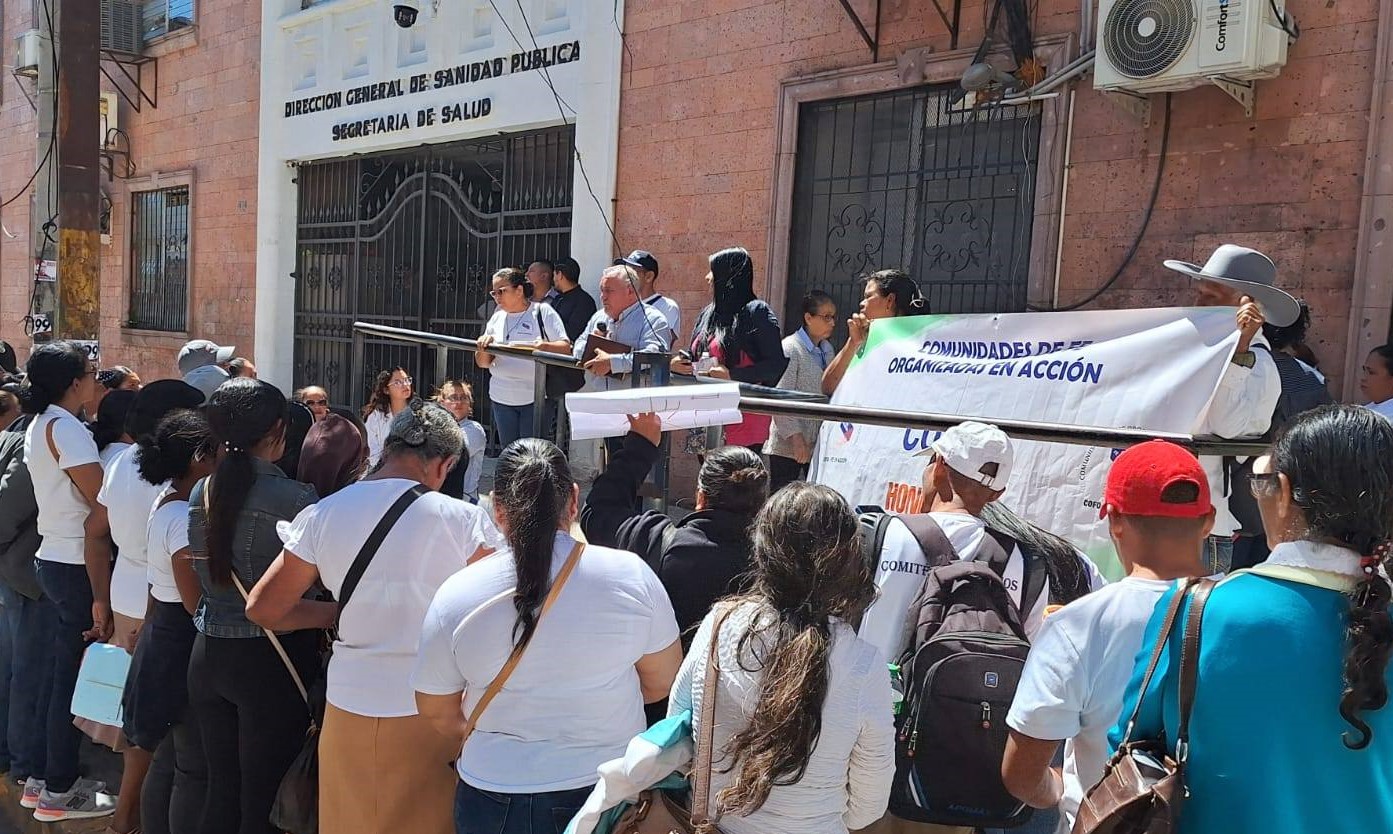“I want to tell you that I'm grateful to God and grateful to all the people who supported this project. I have five children here who are studying,…
New, Kinder Capitalism: COFOA Pilot Project Challenges Entrenched Poverty in El Salvador
San Pedro Nonualco, home to about 7,000 people, is tackling the issue of poverty. As COFOA leaders grow in experience through campaigns that have gotten new alcohol regulations and health resources, they are talking about how poverty impacts their families and also limits their power and influence in local politics.
Much of the money families spend leaves their village and makes its way to multinationals like Walmart and other corporations outside of El Salvador: Walmart netted $25 billion in profit in Central America in 2009 alone.
Although El Salvador has a rich history of cooperatives, most often the profits still remain in the hands of a few. COFOA leaders, with the help of COFOA Director Alberto Velazquez, have envisioned a different kind of capitalism: one where the profits get invested back in the community for local improvements and increases leaders’ leverage and power with the local municipality.
COFOA launched the first pilot project of this kind in San Pedro Nonualco in October 2011. They named this work “Empresas de Capital Social Solidario” or ECSOS. The concept is simple- the organizing committee is going to start a store that will sell daily goods to local families. Fifty percent of the profits will be invested in their town, a portion will provide rebates to families every six months based on their purchases, and a portion will be reinvested to grow the business.
Two COFOA leaders will run the store and earn a salary, and additional leaders will volunteer at the store and help with outreach to the community. A local board will manage the operation. COFOA will hire an outside accountant to help with the books and monitor sales.
When the time comes to invest profits back into their town, COFOA leaders will invite the community to propose projects and community members will help select and approve projects. The hope is that COFOA leaders will then be in a position to negotiate with local authorities about investing in additional community improvement efforts. Our long-term vision is that as ECSOS evolves over time, it will be possible to meet more needs, such as a day care for children, student scholarships, and employment apprenticeships for young people at the store. If this pilot effort succeeds, COFOA leaders want to expand to additional towns.

